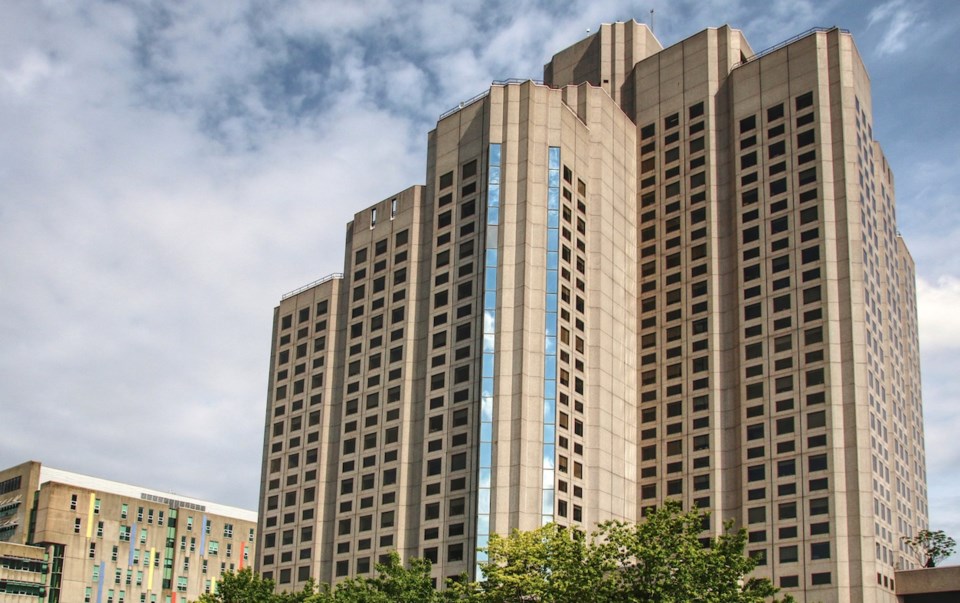B.C. plans to reactivate what it calls emergency operation centres (EOCs) at 20 of the province's largest hospitals for at least the next six weeks to bolster the health-care system at a time when hospital occupancy is rising, B.C. Minister of Health Adrian Dix said today.
He called the move a "proactive step," and said that there are no plans to reduce surgeries to add more hospital capacity.
Dix said that as of yesterday, there were 10,226 people in B.C. acute-care hospital wards across the province – more than there has been for months.
B.C. has 9,202 regular, or "base", hospital beds as well as 2,478 "surge" beds, or beds that need extra resources to operate and in many cases are not ideal hospital beds, according to Dix. The result is 11,680 total hospital beds.
He said while current B.C. hospital occupancy is about 88 per cent of the province's total capacity, his concern is that the current occupancy is 111 per cent of the province's base hospital bed count. That means that more hospital staff are needed to treat patients in many of the beds, and patients are being treated in hallways, and sun rooms.
The hospital-patient count is higher than it has been, as respiratory illnesses such as flu, COVID-19 and RSV are surging in the wake of many people attending social gatherings during the holidays.
January is also a time of year when the number of surgeries is up. That is in part because people who are able to delay surgeries often prefer to have the surgery after the holiday season than during it.
The province has had EOCs in the past – as recently as several months ago.
The EOCS will include what Dix called dedicated leadership teams that will review how many hospital beds are available and identify solutions to ease emergency department congestion.
"The EOCs enable the leadership teams to support patients who are are ready to be discharged from hospital, helping to transition in a safe way," he said.
Those transitions mean that some patients will be able to recooperate at home instead of in hospital.
Dix listed many things the province has been doing to improve the situation in hospitals. He said the province has:
• improved the triage process in emergency departments;
• further implemented quick response teams to connect patients with care in the community;
• hired additional patient care coordinators;
• increased integration of hospitals with urgent- and primary-care centres;
• supported rural- and remote-care and patient transport; and
• improved communications.
"In addition, of course, we proceed to open long-term-care beds, all over B.C.," he said.
The hospitals with the emergency operation centres are:
• Abbotsford Regional;
• Royal Columbian;
• Surrey Memorial;
• East Kootenay Regional;
• Kelowna General;
• Kootenay Boundary Regional;
• Penticton Regional;
• Royal Inland;
• Vernon Jubilee;
• Fort St. John & Peace Villa;
• Mills Memorial:
• University Hospital of Northern B.C.;
• BC Children's;
• Lions Gate;
• Richmond;
• St. Paul's;
• Vancouver General;
• Nanaimo Regional General:
• Royal Jubilee; and
• Victoria General. •




